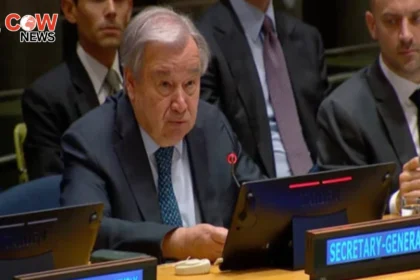Islamabad:
The World Bank has canceled a budget support loan of over $500 million for Pakistan due to Islamabad’s failure to implement certain critical conditions, including revisiting power purchase agreements under the China-Pakistan Economic Corridor (CPEC).
The World Bank will also not provide any new budget support loans during the current fiscal year, which may impact the government’s budget projections of securing an additional $2 billion in loans for the year.
One of the primary reasons for not offering new loans this year is that Pakistan has nearly exhausted its quota for budget support loans.
According to government sources, the Washington-based lender canceled the loan, which was part of the affordable and clean energy program known as PACE-II, worth $500-600 million. Initially, the World Bank had agreed to provide $500 million but later indicated increasing the amount to $600 million to address Pakistan’s external financing gap.
In June 2021, the World Bank approved the PACE program and disbursed the first tranche of $400 million. However, the second tranche was contingent on several conditions, including negotiations with Chinese power plants under CPEC and other Independent Power Producers (IPPs). Pakistani officials confirmed that there was no progress in renegotiating the terms with the CPEC power plants.
Sources revealed that China repeatedly declined to reopen these agreements or restructure $16 billion in energy-related loans.
Efforts to renegotiate power agreements with plants established under policies from 1994 to 2002 have also not yielded significant savings in electricity costs. Power from Chinese and state-owned plants, primarily LNG-based and nuclear power plants established under the 2015 energy policy, remains expensive.
The government has renegotiated 22 energy contracts so far, but electricity prices, including taxes and surcharges, still range between PKR 65 to 70 per unit. The government has also avoided removing the cross-subsidy of PKR 16 per unit, which is used to subsidize consumers using less than 200 units per month.
Removing unnecessary cross-subsidies could significantly reduce the burden on residential and commercial electricity consumers.
A World Bank spokesperson confirmed a shift in the pace of progress in reforms under the bank’s energy sector strategy in Pakistan. However, she did not explicitly confirm the cancellation of the PACE-II loan, stating only that the bank continues to support reforms in the power sector through its affordable and clean energy program.







